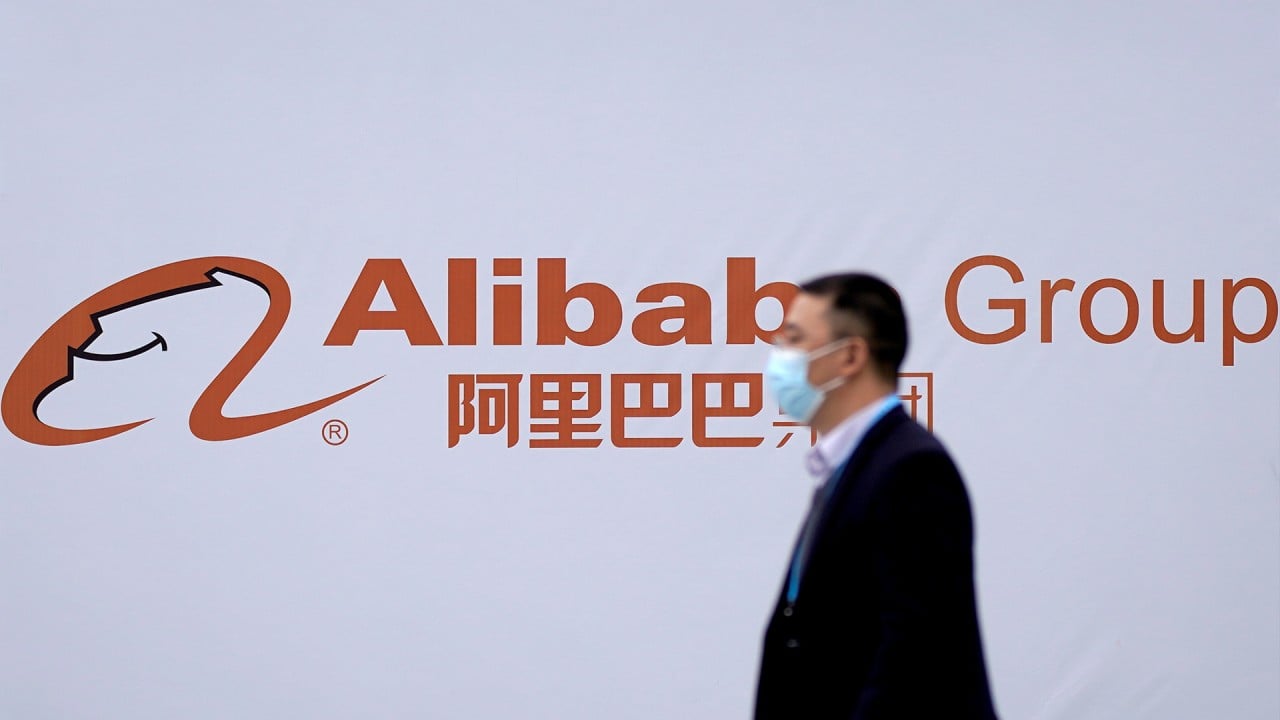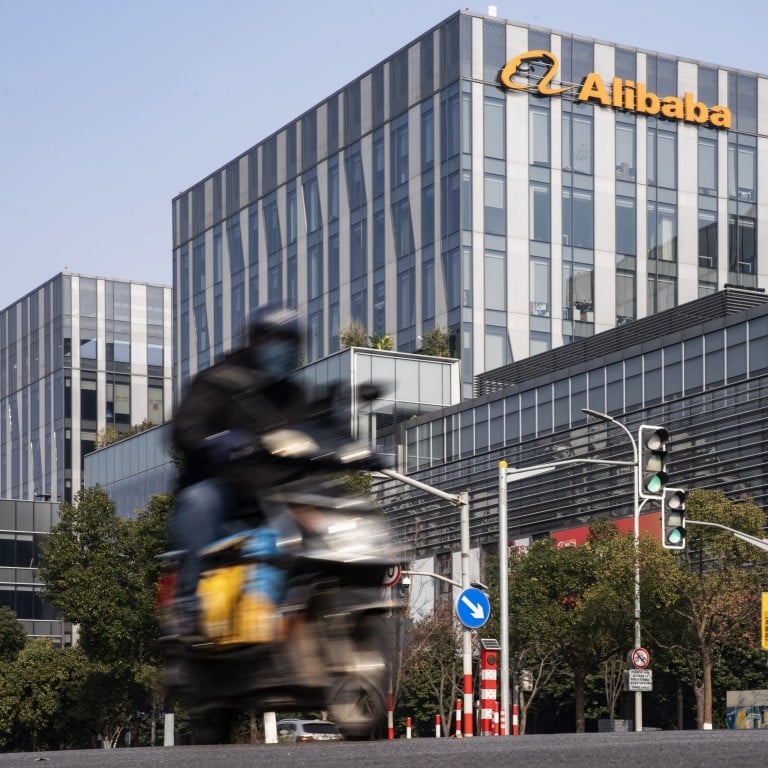
Alibaba antitrust investigation: Beijing slaps e-commerce giant with record US$2.8 billion fine in landmark case
- The fine surpassed the previous record imposed on Qualcomm in 2015
- Regulators stressed that the fine imposed is for the healthy development of China’s internet economy
Alibaba Group Holding, the world’s largest e-commerce company and owner of this newspaper, was fined 18.2 billion yuan (US$2.8 billion) by the State Administration for Market Regulation (SAMR).
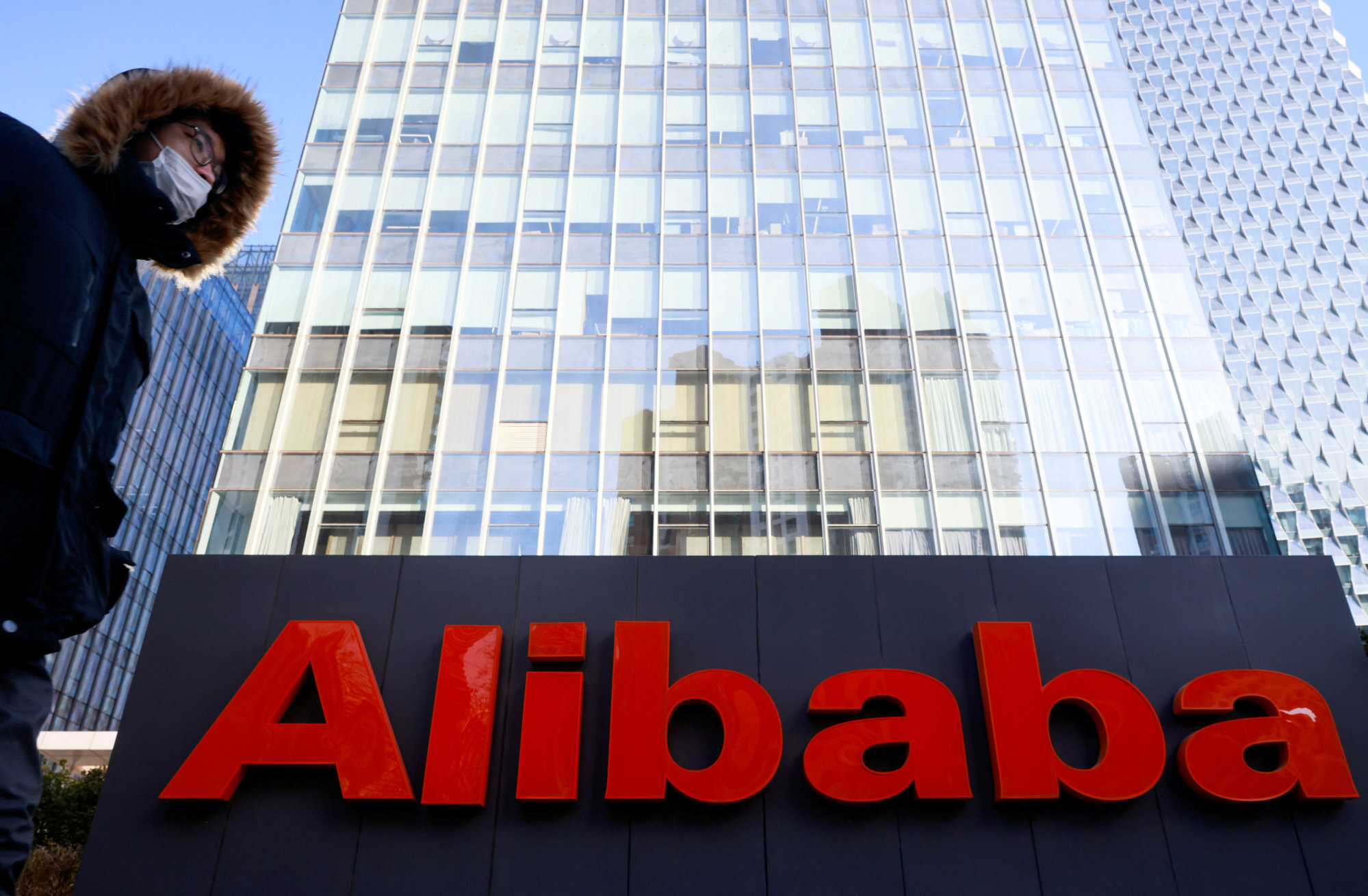
According to China’s anti-monopoly law, the Beijing regulator can fine Alibaba in a range of between 1 per cent and 10 per cent of its annual revenue, which was 455.71 billion yuan in 2019. The regulator said it decided to fine Alibaba the equivalent of 4 per cent of annual revenue after factoring in the “duration and degree” of the misconduct, as well as Alibaba’s “in-depth self-examination” and “proactive rectification”.
The fine sends a clear message to the world that China will crack down harshly on any monopolistic behaviour if Big Tech companies such as Alibaba breach the law with their monopolistic business models, said Zhai Wei, executive director of the Competition Law Research Centre at East China University of Political Science and Law in Shanghai.
“This is the biggest impact, way more important than the penalty,” Zhai said, adding that small businesses which previously had to pick sides among Big Tech companies may benefit from the implementation of anti-monopoly law. “The space for their free development has obviously been maintained and expanded.”
Alibaba “accepts the penalty with sincerity and will ensure its compliance with determination,” the company said in a statement. “To serve its responsibility to society, Alibaba will operate in accordance with the law with utmost diligence, continue to strengthen its compliance systems and build on growth through innovation.”
The outcome of months of investigation marked “a new starting point” for the company, Alibaba said in an open letter to its customers, staff and shareholders.
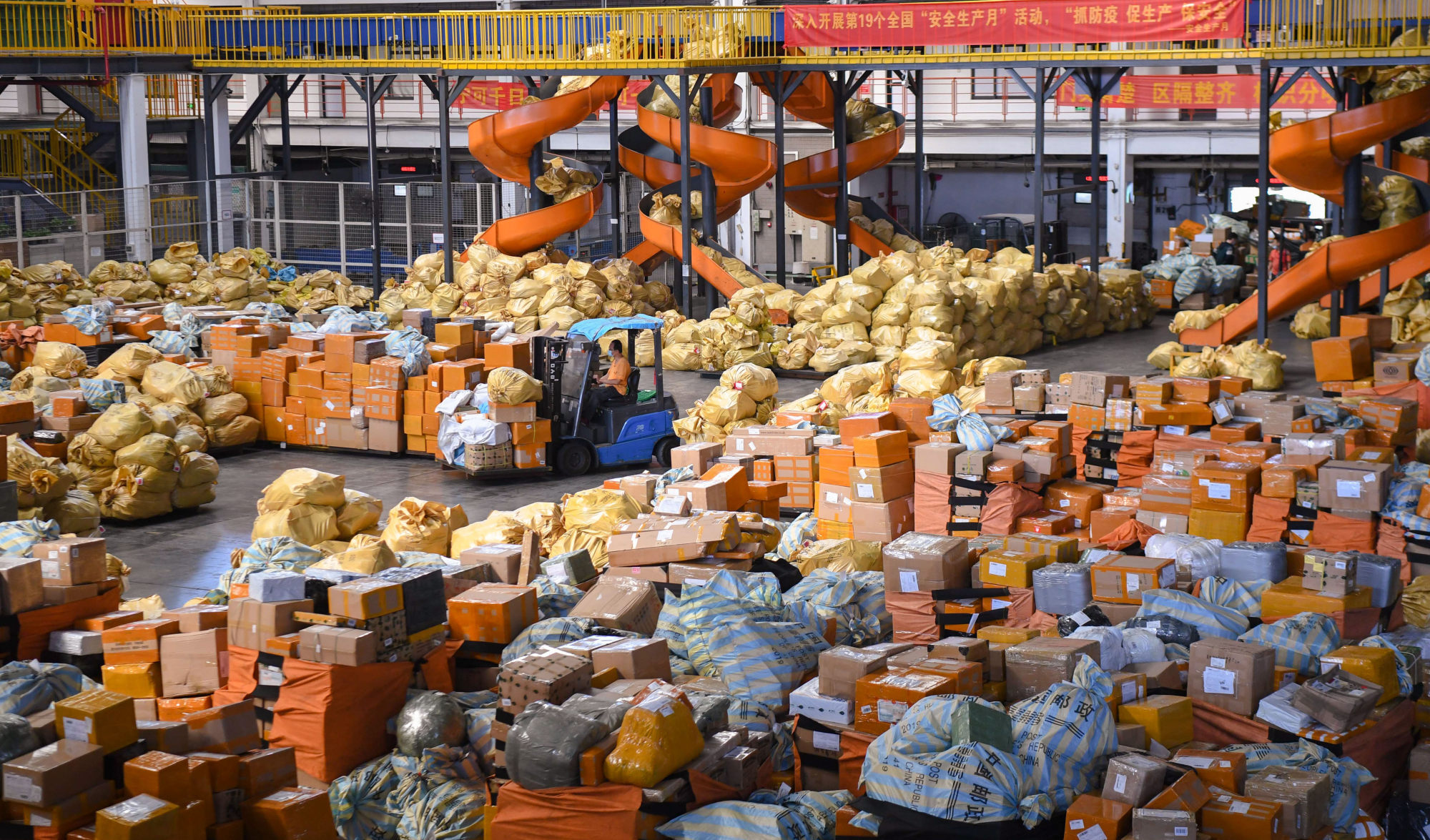
“Alibaba would not have achieved our growth without sound government regulation and service, and the critical oversight, tolerance and support from all of our constituencies have been crucial to our development. For this, we are full of gratitude and respect,” the company said.
The antitrust investigation of Alibaba was part of the Chinese government’s effort to tame the unfettered growth of the country’s tech behemoths, and to ringfence financial security and prevent risk amid a period of slowing economic growth during the coronavirus pandemic. It has been widely watched, for ramifications that could potentially affect the entire ecosystem of businesses and economy centred around the internet.
The hefty fine was aimed at promoting the “healthy and continuous development of the country’s internet industry” and was by no means a denigration of the “important role of internet platforms in economic and social development,” and shows no change in the state’s “attitude of supporting internet platforms,” according to a commentary by the People’s Daily, the mouthpiece newspaper of the ruling Communist Party.
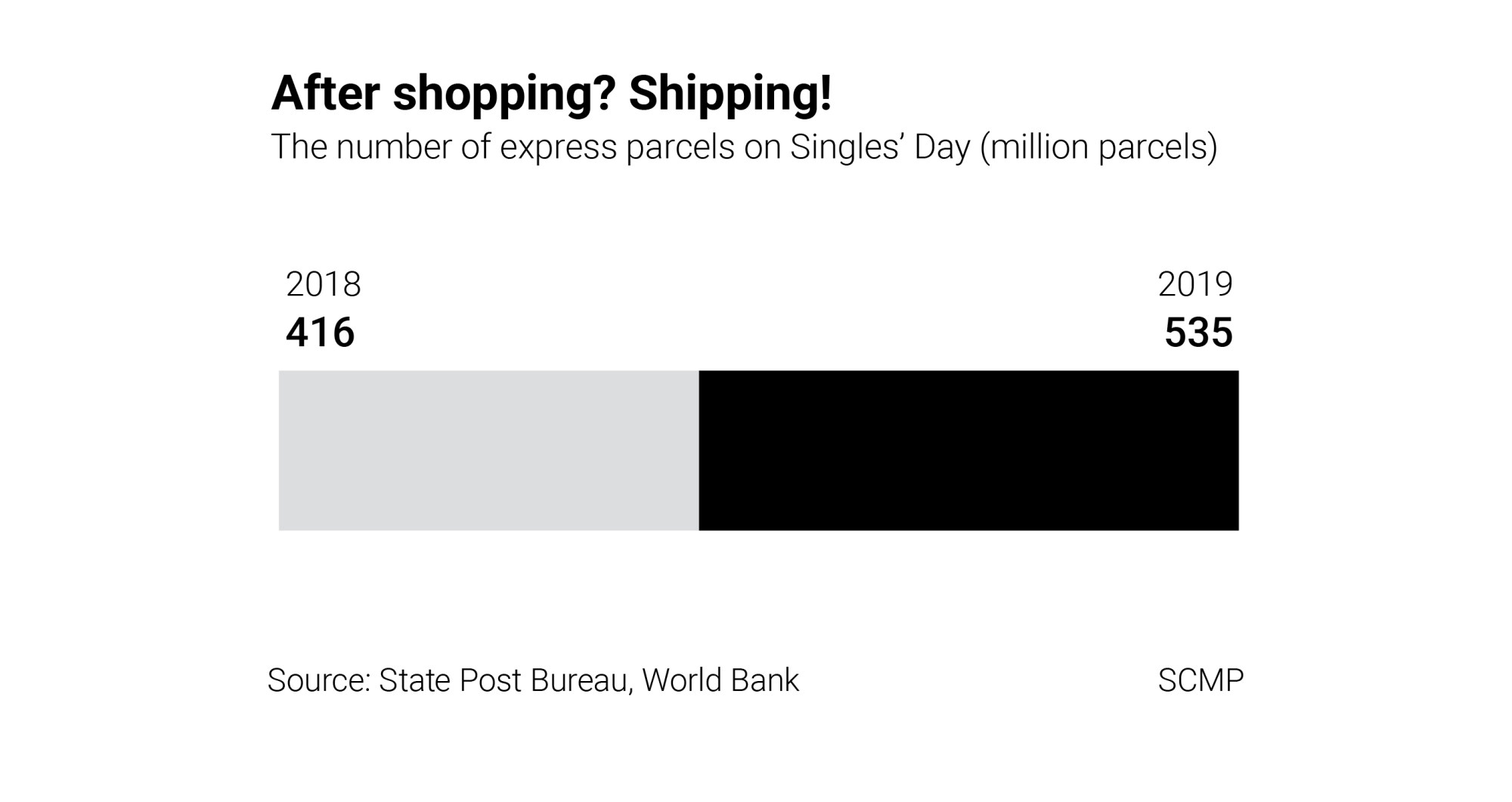
“To regulate is to ensure better development, and the act of tugging at the sleeve is also an act of love,” People’s Daily said, referring to a party phraseology that refers to self-correcting checks on minor misconduct to avoid larger missteps.
Alibaba’s case will not be the last among China’s Big Tech, and “there could be more antitrust cases in those sectors in the future,” said the University of Hong Kong’s associate professor of law Angela Zhang, noting that Qualcomm was fined the equivalent of 8 per cent of its revenue in China.
Alibaba stock price declined to HK$218 per share in Hong Kong on Friday, about 12 per cent lower than December 23 before SAMR announced the commencement of its antitrust investigation.
For some Alibaba consumers, the outcome of the antitrust case is unlikely to change their consumption behaviour, or loyalty to the company because of the sheer number of merchants available.
“I haven’t thought about using other platforms because there are so many shops on Taobao,” said Chanly Luo, a long-time Taobao user in the Guangdong provincial city of Foshan, noting that shopping on Alibaba’s Taobao platform is already a way of life for her. “If I don’t like one merchant on Taobao, I just move to another.”



